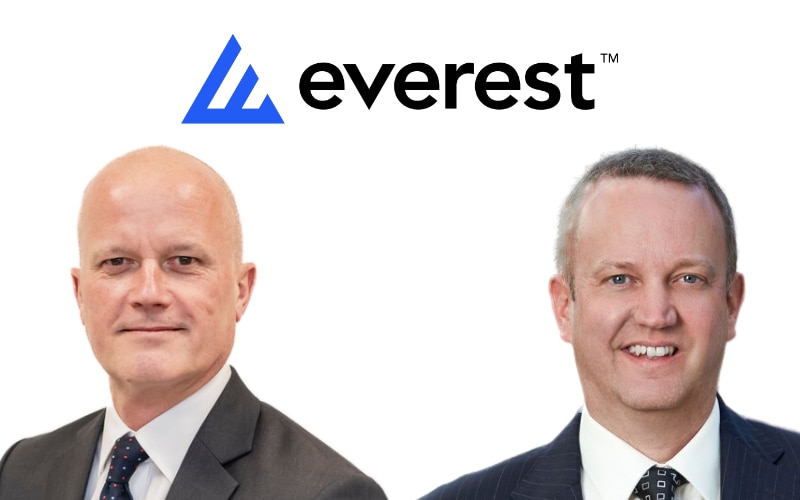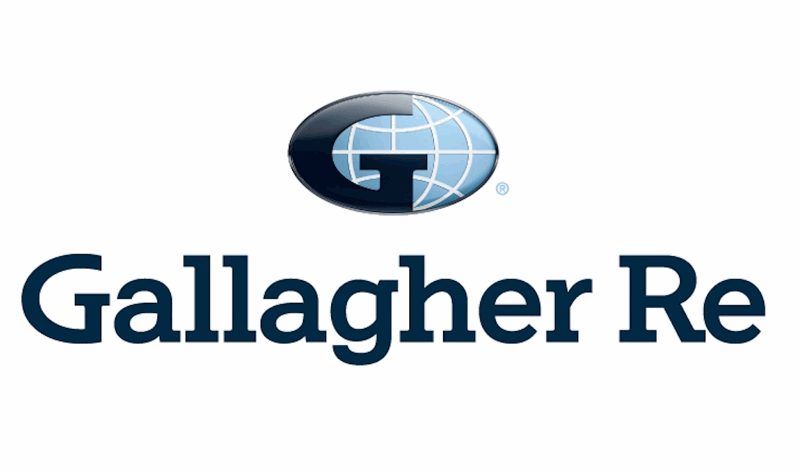Introduction
When you’re in your 20s, health might not be your top priority. You’re young, energetic, and believe you have plenty of time to think about things like health insurance. But here’s the truth—the earlier you get insured, the better. Waiting until you’re older to think about your health coverage could cost you big time, both in premiums and in health risks.
In this post, we’re breaking down 7 compelling reasons why you should invest in medical insurance before you turn 30.
1. Lower Premiums for the Same Coverage
How Age Affects Insurance Premiums
It’s simple math: the younger you are, the lower your premium. When you’re healthy and free of major health conditions, insurers will typically offer you much cheaper premiums. On average, health insurance premiums increase as you age, especially after 30.
The Benefits of Locking in a Lower Rate
By getting insurance early, you lock in a lower premium for the long term. Even though you might not need much coverage in your 20s, you’ll be paying far less for better protection than you would in your 30s or 40s. Over the years, these savings can add up significantly.
2. Protection Against Rising Medical Costs
Why Medical Costs Keep Increasing
Healthcare costs are increasing every year. Whether it’s hospital visits, surgeries, or medications, expenses related to healthcare are becoming more expensive every day. If you’re uninsured or underinsured, one emergency can wipe out your savings.
The Financial Impact of Unexpected Health Issues
Think of it this way: you’re taking out a small insurance policy to protect yourself from big risks in the future. An unexpected illness, accident, or even a minor surgery could quickly drain your savings. Medical insurance acts as a financial buffer, keeping you from paying large sums out of pocket.
3. You’re Young, But Health Risks Are Real
The Importance of Prevention
While you might feel invincible in your 20s, prevention is key. Medical insurance can help cover routine check-ups, vaccinations, screenings, and preventive treatments. These can detect potential health issues early and avoid serious complications later on.
Hidden Health Risks in Young Adults
Health risks aren’t just reserved for the elderly. Even in your 20s, conditions like hypertension, diabetes, stress, and obesity can creep in. If left unchecked, these can lead to more severe health problems. By having insurance, you can address these risks before they turn into expensive problems.
4. Access to Better Healthcare Options
How Medical Insurance Improves Access to Care
In many countries, medical insurance is directly linked to access to quality healthcare. Without it, you may find yourself waiting for longer periods or even having to pay out of pocket for basic care. With insurance, you’re more likely to get timely appointments and quality treatment, even in emergencies.
The Role of Cashless Networks in Treatment
Most health insurance policies today have tie-ups with cashless hospitals. This means that when you need to get treated, you don’t need to worry about paying up front. Your insurer takes care of the costs directly, ensuring a hassle-free experience. This is especially important in emergencies when you can’t afford delays.
5. The Power of Early Financial Planning
Health Insurance as Part of Your Financial Portfolio
Getting health insurance in your 20s isn’t just about taking care of your health—it’s also about planning for the future. As you build your financial portfolio, health insurance is one of the most important parts of it. Think of it as a shield, protecting you from unexpected financial stress that comes with health problems.
Preparing for the Unexpected
Life is unpredictable. With early medical coverage, you’re building a financial cushion for any health-related emergencies. This way, you’re always prepared for the unexpected, rather than scrambling at the last minute.
6. Tax Benefits Under Section 80D
How Health Insurance Can Help You Save on Taxes
In many countries, including India, health insurance offers tax savings. Under Section 80D of the Income Tax Act, you can get tax deductions on the premiums paid for your health insurance plan.
The Deduction Limits for Young Adults
For individuals below 60, the tax benefits are significant. You can claim a deduction of up to ₹25,000 for your own policy, and an additional ₹25,000 for coverage of your parents. This is a great way to reduce your taxable income, saving you money while also securing your health.
7. Building a Healthy Habit of Financial Responsibility
The Discipline of Planning for Health and Wellness
Starting early helps you build the habit of responsible financial planning. Insurance is just one piece of the puzzle, but it reflects a larger mindset: being prepared for the future. If you get into the habit of investing in your health now, you’ll be more likely to build a sustainable financial strategy as you age.
Developing Long-term Financial Security
Health insurance encourages a mindset of long-term financial security. You’re setting yourself up for a lifetime of protection, helping you avoid financial chaos when unexpected health issues arise. And, with the benefit of locking in lower premiums early, you’re ensuring that your financial health stays on track.
❓ Frequently Asked Questions (FAQs)
1. What type of medical insurance should I get in my 20s?
In your 20s, consider an individual health insurance plan that covers basic health needs, like hospitalization and outpatient care. You can also look into critical illness riders or policies with preventive care options.
2. Can I opt for family health insurance or should I buy an individual policy?
While family health insurance is cheaper, if you’re single, an individual policy may suit your needs better. You can always switch to a family plan later when you get married or have children.
3. How does medical insurance work with pre-existing conditions?
Most insurance policies have a waiting period for pre-existing conditions. However, getting insured early ensures that you get coverage for future conditions that may arise.
4. Is it too late to get medical insurance if I’m over 30?
It’s never too late, but premiums will likely be higher than if you had started in your 20s. The earlier you get insurance, the more affordable and comprehensive the coverage.
5. What are the tax benefits of getting health insurance early?
In addition to Section 80D deductions, some health insurance plans provide additional benefits for critical illness or preventive care. Early investment means you can benefit from these deductions for longer.
Please don’t forget to leave a review.


